 |
 |
 |
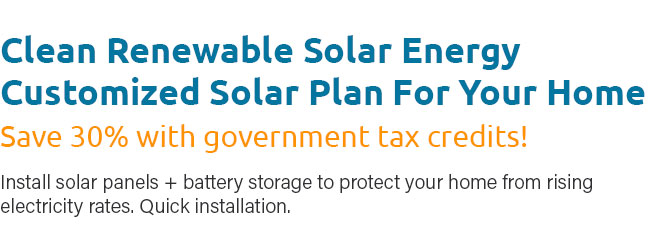 |
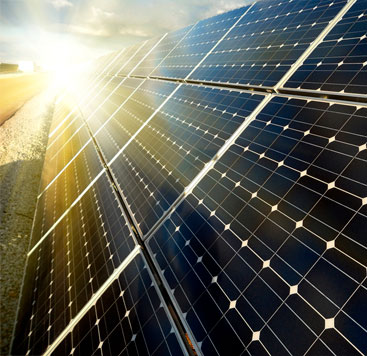 |
 |
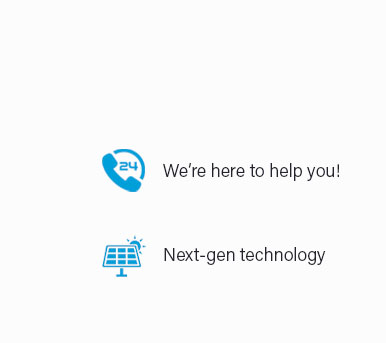 |
 |
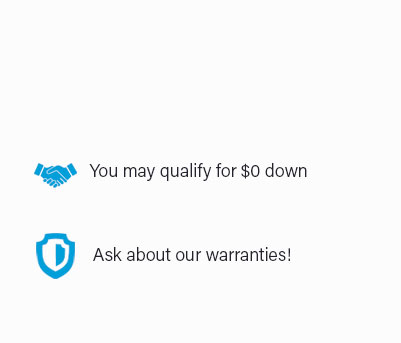 |
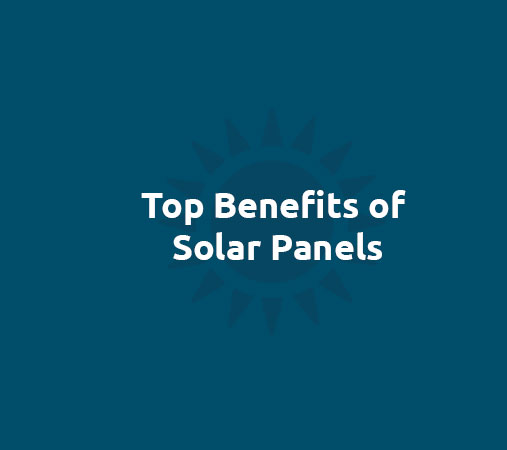 |
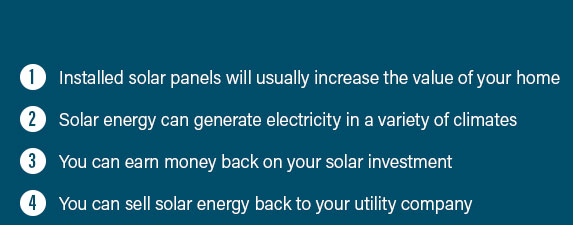 |
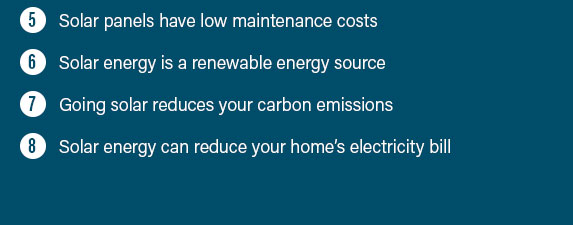 |
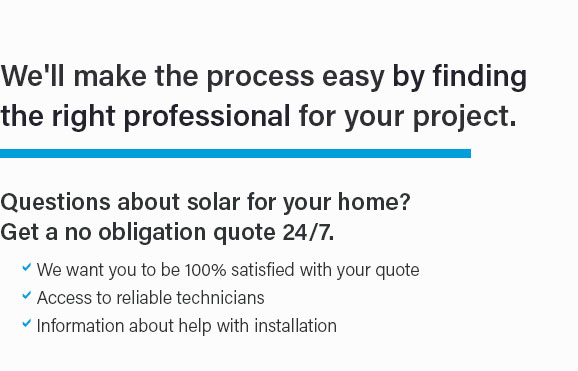 |
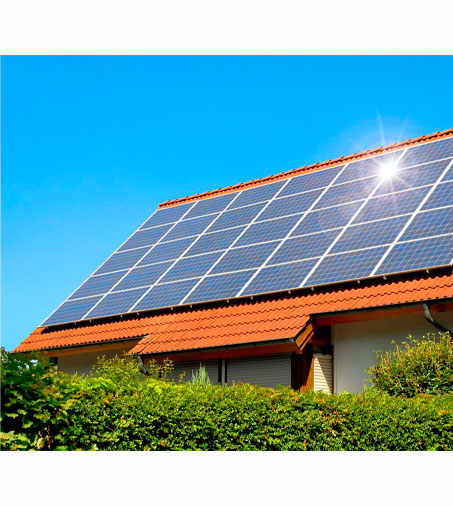 |
|
 |
 |
 |
Exploring Solar Panel Installation in North CarolinaThe sunny state of North Carolina is increasingly embracing solar energy, a trend that aligns with global efforts to harness renewable resources. As the Tar Heel State basks under the sun for a substantial portion of the year, homeowners and businesses are finding solar panel installation to be not just an environmentally responsible choice but also a financially savvy investment. This article delves into the various facets of solar panel installation in North Carolina, providing a comprehensive overview of popular options, the benefits of solar energy, and the steps involved in making the switch. Why Consider Solar Panels? Solar energy offers numerous advantages, and in North Carolina, these benefits are amplified by the state's geographical and climatic conditions. With abundant sunshine throughout the year, solar panels can generate significant amounts of electricity, reducing dependence on traditional power sources and lowering utility bills. Additionally, the environmental impact of solar energy cannot be overstated; it contributes to reduced carbon emissions and fosters a sustainable future. As more North Carolinians become environmentally conscious, the shift toward solar energy is not just a trend but a commitment to preserving the planet. Popular Solar Panel Options North Carolina's solar market offers a variety of options, catering to different needs and preferences. Monocrystalline solar panels, known for their high efficiency and sleek appearance, are a favored choice among homeowners seeking optimal performance and aesthetic appeal. These panels, while slightly more expensive, provide superior energy output and space efficiency. On the other hand, polycrystalline solar panels are a budget-friendly alternative, offering decent efficiency and a more granular appearance. They are ideal for those who have ample roof space and are looking to balance cost and performance. Finally, thin-film solar panels present a flexible and lightweight option, particularly suitable for unconventional surfaces or large-scale installations where weight could be a concern. Each type of panel has its own merits, and the choice largely depends on individual circumstances and priorities. The Installation Process Transitioning to solar energy involves several steps, beginning with a detailed assessment of the property. This includes evaluating roof orientation, shading, and structural integrity to determine the most effective solar solution. Reputable installation companies in North Carolina conduct thorough site surveys to tailor installations to each client's needs. Once a design is agreed upon, the installation process typically takes a few days, depending on the complexity and size of the system. It involves mounting the panels, connecting the system to the grid, and ensuring all components function seamlessly. Post-installation, there is often a waiting period for inspections and approvals before the system can be activated, but this is a small step toward enjoying clean, renewable energy. Financial Incentives and Rebates North Carolina offers several incentives to encourage solar adoption. These include federal tax credits, which can offset a significant portion of the installation cost. Additionally, some local utility companies provide rebates and performance-based incentives, making the financial aspect of solar installation even more attractive. These incentives, coupled with long-term savings on energy bills, make solar panels a financially prudent choice for many residents. Conclusion As North Carolina continues to advance toward a more sustainable future, solar panel installation emerges as a key component of this transition. With a range of options to suit various preferences and budgets, and a host of incentives to reduce costs, the decision to embrace solar energy is both a practical and environmentally conscious one. For those looking to reduce their carbon footprint and save on energy expenses, solar panels offer a compelling path forward, lighting the way to a cleaner, greener future. https://www.solarreviews.com/blog/going-solar-in-north-carolina
The tax credit is equal to 30% of the total cost to install solar panels on your roof. The average solar installation in North Carolina costs about $18,600, ... https://www.energysage.com/local-data/solar/nc/
The average North Carolina homeowner needs a 13.06 kW solar panel system to cover their electricity needs, which comes out to $30,020 before incentives. Prices ... https://www.deq.nc.gov/energy-climate/state-energy-office/residential-and-community-solar
While North Carolina's solar access law prevents HOA's from completely prohibiting solar panels, there are still ways that an HOA may restrict their ...
|